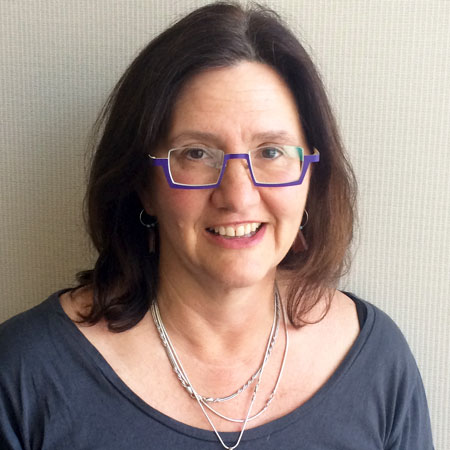Nestled in the mountains behind Santa Barbara, is a reservoir called Lake Cachuma. It fills a deep river valley, and is surrounded by low peaks covered with manzanita and California oak. Arms of water reach to the old highway that snakes from wine country to the ocean. I grew up nearby and Lake Cachuma was a staple of my childhood. It was sky blue, and on any day you would see motorboats and canoes, and colored tents in the campground by the shore.
I'd not been back in some time. When the lake came into view, I was stunned to see the arms dry and the blue water far away in the distance. The marina at the campsite was gone.The wide boat launch now ended in a twenty-five foot drop. Below was a lakebed full of weeds and scattered with buoys and old canoes. The few boats that were left were docked at a short pier a quarter-mile away. The ranger told us that in the last five years the lake had dropped 65 feet.
Living here in the city, we do not see the effects of the drought. Our officials ask us nicely not to overwater our lawns. Fines are rare, and then they're just a slap on the wrist. Food prices haven't changed. Like the wars we've just fought, the drought doesn't affect us, so it's easy to ignore -- so easy that even now, after four years of drought, there's still no long range plan for water. We live in a semi-arid state in a time of climate change. How can this be?
I looked out over what was left of my lake, my kids laughing and riding their Heelies on the boat launch, and I thought: This will be their life. Maybe it really is too late. If rain doesn't come soon, and it's unlikely, there will be no Lake Cachuma. I pulled out of the campsite overwhelmed with shock and gloom. On the pass, right next to the lake and surrounded by parched slopes, was a golf course.
So, to the people who make policy: Let our lawns go brown. Ask us for sacrifice. Let us see the steep dry walls of the reservoirs. Yes, the issues are complex. But at least we can face our children and say we did our best.
